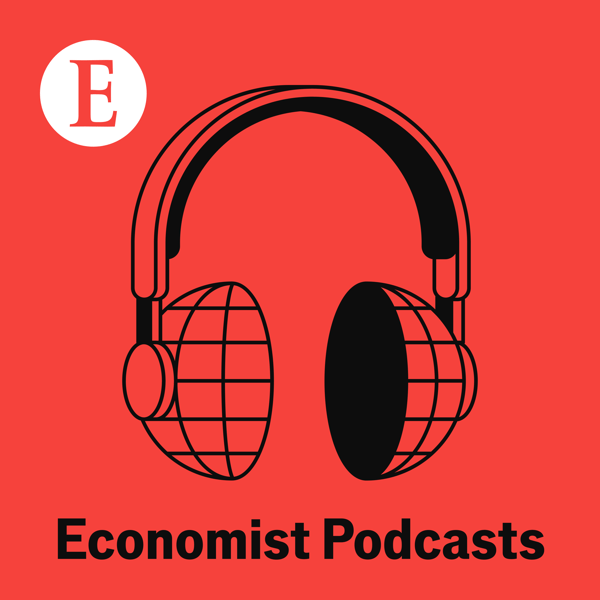EU’ve heard this one before: Brexit trade talks
Economist Podcasts
The Economist
4.4 • 4.9K Ratings
🗓️ 2 March 2020
⏱️ 21 minutes
🧾️ Download transcript
Summary
Hosted on Acast. See acast.com/privacy for more information.
Transcript
Click on a timestamp to play from that location
| 0:00.0 | Hello and welcome to the Intelligence on Economist Radio. I'm your host, Jason Palmer. |
| 0:09.7 | Every weekday we provide a fresh perspective on the events shaping your world. |
| 0:15.0 | Engineers depend on what are called digital twins, computer-based copies of, say, an aircraft |
| 0:24.0 | engine or a factory line. They're good for spotting problems or testing possible solutions, |
| 0:30.3 | and now those same ideas are being applied to the human heart. And much of Vienna's Jewish |
| 0:36.8 | population was forced out during the Second World War, including the city's unofficial |
| 0:41.7 | royal family, the Rothschilds. Now a descendant from New York is staking a claim to a |
| 0:47.4 | Vienna's foundation started by his ancestors but then seized by the Nazis. |
| 0:54.4 | First up though. |
| 1:02.4 | Despite the rhetoric, Britain's departure from the European Union on January 31st |
| 1:07.4 | was the beginning, not the end of a process. Today both sides get together to begin |
| 1:13.4 | discussions about a post-Brexit trade deal. It won't be easy. The British team numbers |
| 1:18.4 | 100. A conference center in Brussels is being used because the European Commission's headquarters |
| 1:23.4 | are too small for all the meetings that need to be held. And the differences between |
| 1:28.4 | what each side wants are huge. The EU's main concern is that Britain will undercut it |
| 1:34.4 | in areas such as labour, environment or state subsidies. |
| 1:38.4 | We cannot expect high quality access to the single market if it did not prepare to accept |
| 1:44.4 | guarantees that competitions remains open and fair. Free and fair open and fair. |
| 1:52.4 | Prime Minister Boris Johnson, who's set a deadline for the deal by the end of the year, |
| 1:56.4 | is pushing back. |
| 1:57.4 | There is no need for a free trade agreement to involve accepting EU rules on competition |
| 2:04.4 | policies, subsidies, social protection, the environment or anything similar. |
... |
Please login to see the full transcript.
Disclaimer: The podcast and artwork embedded on this page are from The Economist, and are the property of its owner and not affiliated with or endorsed by Tapesearch.
Generated transcripts are the property of The Economist and are distributed freely under the Fair Use doctrine. Transcripts generated by Tapesearch are not guaranteed to be accurate.
Copyright © Tapesearch 2025.

